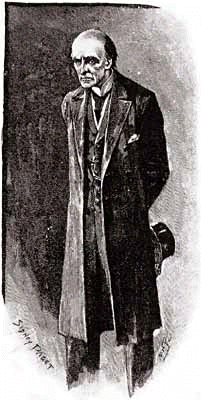 This is amusing:
This is amusing:
The attempt to force network neutrality on wireless carriers will result in disaster and is based on faulty assumptions, including one that there ever was neutrality on the Internet, according to a newly released analysis from the Pacific Research Institute (PRI).Well, I guess that waves away all the well-documented steps the FCC took to strip away common carrier status from each facet of Internet provision— Researcher Rebukes Wireless ‘Net Neutrality’ Advocates, NewsBreak, Telecomweb – USA, 26 March 2008
You have to register to read the rest at Telecomweb, but PRI has more, including this rather amusing claim: Continue reading






